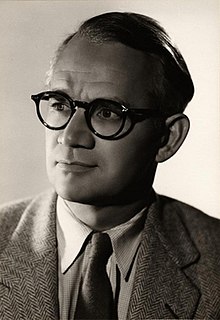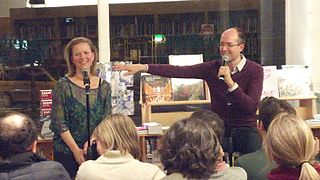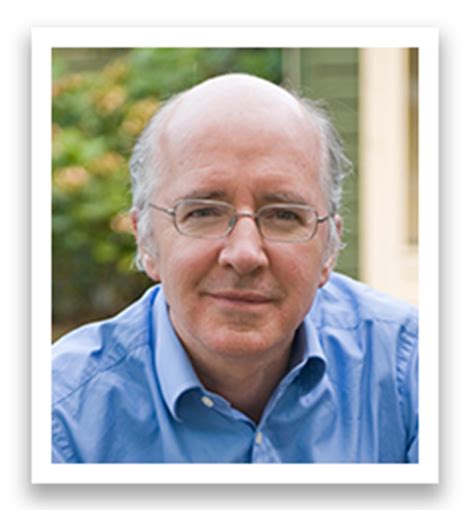A Quote by Diana Gabaldon
Now I've got a fairly good grasp of the 18th century on what was common and what people thought. But I don't write in order. I write bits and pieces and sort of glue them.
Related Quotes
Yiddish, originally, in Eastern Europe was considered the language of children, of the illiterate, of women. And 500 years later, by the 19th century, by the 18th century, writers realized that, in order to communicate with the masses, they could no longer write in Hebrew. They needed to write in Yiddish, the language of the population.
I write chronologically in my life, so whatever's going on, I write about it. Usually, that's when I feel the most cohesive body of work is formed. I got to live this crazy life, I got to write about it, and now I've got this record that I'm really proud of, too. It's not done, but when I put it out, it's gonna be good.
The most common thing I find is very brilliant, acute, young people who want to become writers but they are not writing. You know, they really badly want to write a book but they are not writing it. The only advice I can give them is to just write it, get to the end of it. And, you know, if it's not good enough, write another one.
Write what you want to read. So many people think they need to write a particular kind of book, or imitate a successful style, in order to be published. I've known people who felt they had to model their book on existing blockbusters, or write in a genre that's supposed to be "hot right now" in order to get agents and publishers interested. But if you're writing in a genre you don't like, or modeling yourself on a book you don't respect, it'll show through. You're your first, most important reader, so write the book that reader really wants to read.
I try to write for highest common denominator. I don't write for dumb people. I figure if everybody doesn't get it, that's OK. Someone bright enough will get it, and that's who I write for. It's probably not the way to make million-sellers. What can I say? I won't apologize for trying to write for smart people.
I wanted to create a believable feeling for 18th Century reality in the Perfume: The Story Of A Murderer. I didn't want this typical film feel of strange people in strange costumes, not really knowing what to do or how to move. If you put an 18th Century costume on Alan Rickman, it looks like he's been wearing it forever because he inhabits the stuff. He is a character that can really travel in time as an actor and transform into this 18th Century person with seemingly no effort.


































